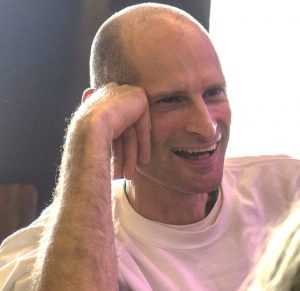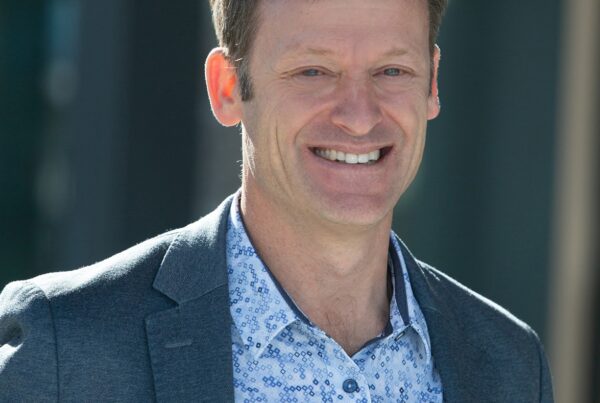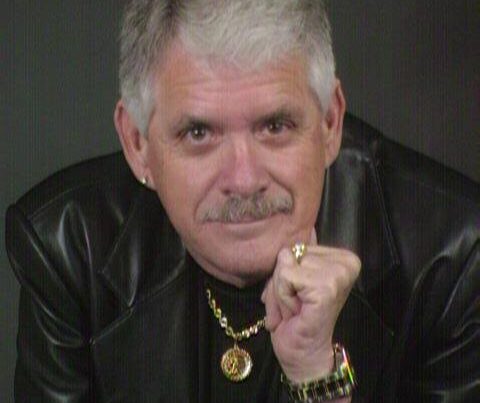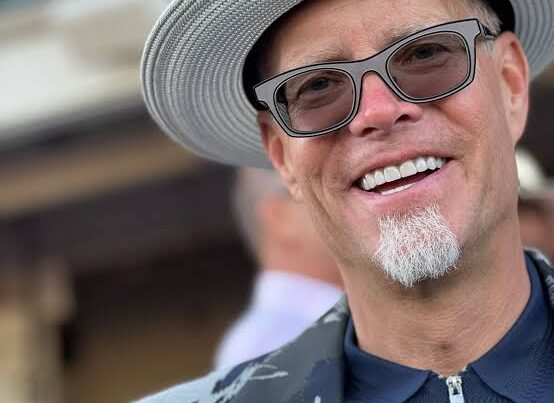Podcast: Play in new window | Download
Subscribe: RSS
How does science, technology and spirituality intersect and foster greater mindfulness?

Amaranatho Robey
Amaranatho was a Buddhist Monk for 15 years and disrobed in 2015 so that he could concentrate on what he enjoys most – helping and serving people. As a young adult Amaranatho worked as a technical support manger for a computer company. He worked hard to get a degree in Artificial Intelligence and then became a world explorer. This experience gave him the ideal balance and understanding of life.
Amaranatho Robey now focuses on the interpersonal aspect of mindfulness and how we can use our daily interaction with people to develop emotional resilience, kindness and peace. What he shares is based on cutting edge science, ancient wisdom and creative multi-media and his work has brought him in contact with corporate organizations, educational establishments, families and young people.
He has run over one hundred retreats, workshops, and public talks around the world, impacting thousands of people. He also works one to one with people from many different backgrounds to explore how to transform suffering into a full and rich life.
What We Discuss With Amaranatho Robey In This Episode
- Why he left the tech industry to become a monk
- Life at the monastery and learning about NVC (nonviolent communication)
- Finding clarity in the midst of confusion
- Distinguishing conscious doubt from fear-based doubt
- Mindfulness as a social phenomena
- The concept of spiritual bypass and how to avoid it
- The interpersonal aspect of mindfulness
Episode Highlights
From Tech Manager to Buddhist Monk
Knowing there was something else to life, Amaranatho became a world explorer, traveling around the world for years. He did a 10-day meditation course and left having the urge to live an ethical life as a monk. Then he came back to England, traveled through Europe, then walked into the monastery and never left for 10 years. After this, he did five years as a freelance monk.
After leaving the monastery, he also had to leave the tradition. Taking the experience he had with the monastery, Amaranatho ran exciting workshops and events such as creative family camps. He also runs the programs in different organizations (ex. software companies, hospital) where he taught mindfulness in dealing with trauma and stress.
Amaranatho actually had some of the worst arguments of his life inside the monastery. They had to learn how to speak to one another. They learned NVC or nonviolent communication by Marshall Rosenberg so they could communicate better, which he found very helpful.
Finding Your Clarity
Clarity is not a thinking process. It’s not even an intuition or gut reaction. In Buddhism, it’s an instant knowing that just drops in. Sometimes with intuition, we can get it wrong. But with this sense of clarity, there’s intuition with wisdom. And you can learn to be attentive to that. It’s not just a mind thing, but a mind and body thing.
Fear-Based Doubt vs. Conscious Doubt
Fear-based doubt goes with you all over the place. It’s usually located in the belly. We normally experience butterflies, or it can come up into the mind as anxiety or shakiness. You don’t actually really know the situation clearly enough to actually make a decision.
Conscious doubt is when you’re okay with your decision and you’re going to test it out. It’s close to being rational. You know you’re going down the road and you’re just going to weigh out and welcoming different scenarios. You’re not concerned so much about the consequences.
Why Humans See Themselves as Separate
Separation (whether that’s a baby from the womb or a kid living away from their parents, or whatever), it’s an important part of our developmental process. But the important thing is not to get caught up in that identity because it’s just another concept or structure.
Instead, the power of being able to split objects actually gives us the ability to reflect. It gives us the ability to develop the observer mind, which is the ability to witness, take a step back, and see what’s going on.
Mindfulness, in its real definition, is interpersonal. It’s a social phenomenon. It’s not really a personal activity when we look at the way the mind is constructed. There’s a much more interconnected phenomenon to that.
How to Skip Spiritual Bypass
Spiritual bypass is where we develop a meditation character. You tend to act as an observer that sometimes you feel completely disconnected. But we actually need more people to be alive and creative and see what the reality of it is.
When you’re on this path, this journey of starting to be more sensitive can get tricky so you have to be kind to yourself. First, explore. Second, make it playful. Third, love. Otherwise, you can’t do this work without love.
The Interpersonal Aspect of Mindfulness
The body responds through fear. And it’s okay to ask for support. But really welcome the experience. In a co-regulated environment, you want to be supporting each other and not fighting against each other. We’re actually designed to relate and we are meant to be in a relationship so it shouldn’t be so hard.
In the corporate executive life, you want to be a transformational leader. You have to step back to see what is actually going on. If it’s purely ego-based, reactive mindset, it’s trouble. You may be super clever, you may have visionary, you may have all mandatory things and all that, but in the end, it will catch up.
Episode Resources
30 Minute Discovery Session: Awaken To Your True Potential
Connect With Amaranatho Robey
- Website: www.amaranatho.com
- LinkedIn: www.linkedin.com/in/amaranatho
- Facebook: www.facebook.com/mindfulnessoutofthebox
- Twitter: twitter.com/amaranatho
Did You Enjoy The Podcast?
If you enjoyed this episode please let us know! 5-star reviews for the Leaders Of Transformation podcast on Apple Podcasts, Spotify, Pandora or Stitcher are greatly appreciated. This helps us reach more purpose-driven entrepreneurs seeking to make a positive impact in the world. Thank you. Together, we make a difference!
Additional Episodes You May Like
- 333: John English: Creating a Stress-Free Workplace Through Mindfulness
- 260: Dr. Daphne Scott: Using Improv To Enhance Mindful Leadership
- 241: Tevis Trower: Facilitating Emotional Wellbeing In The Workplace
- 187: Philip Shepherd: Bringing Clarity To A Chaotic World
- 147: Angelica Singh: Increasing Your Capacity To Thrive
- 077: Carmen Joy: Exploring The Ancient Tradition Of Yoga & Meditation










